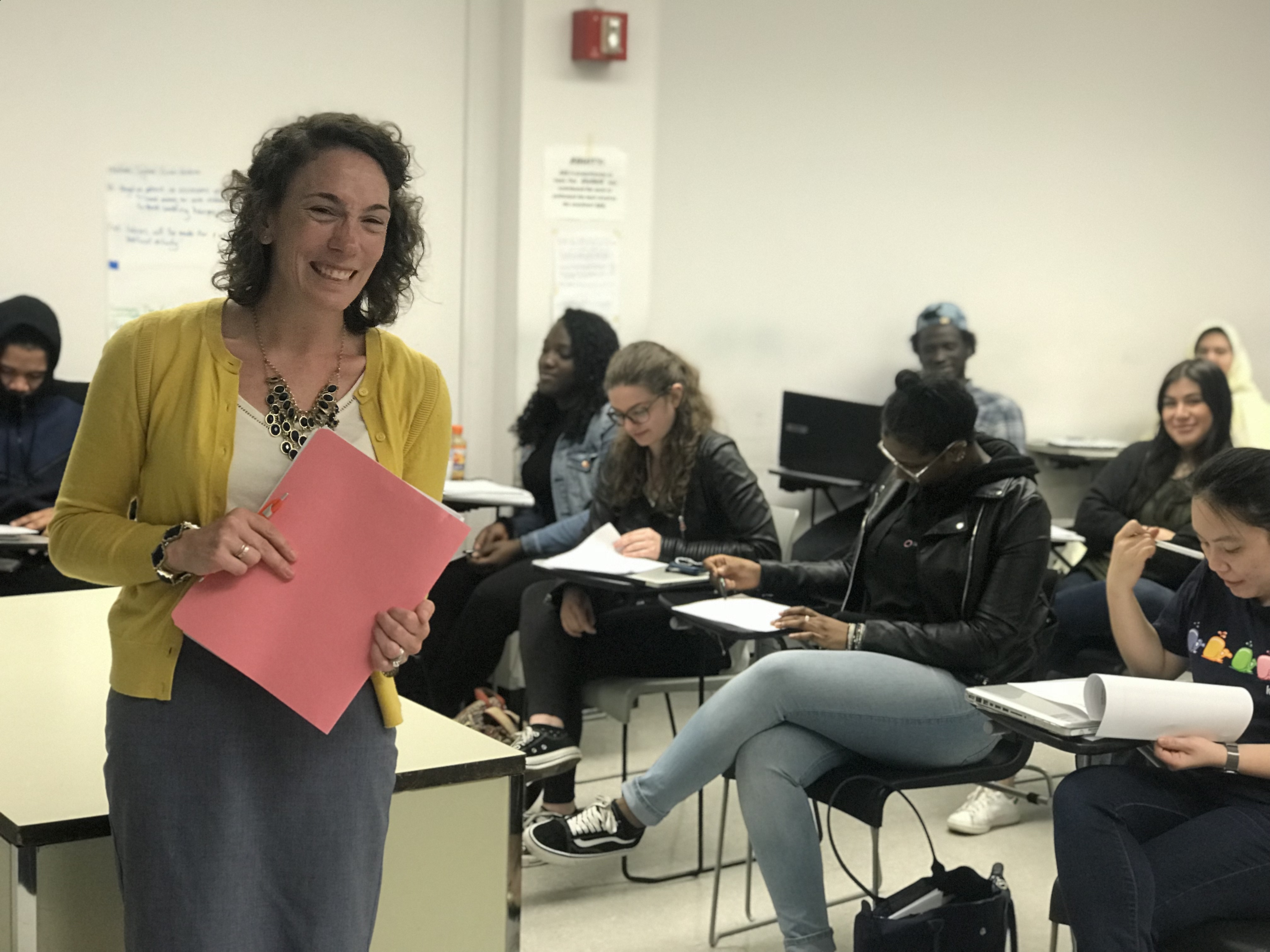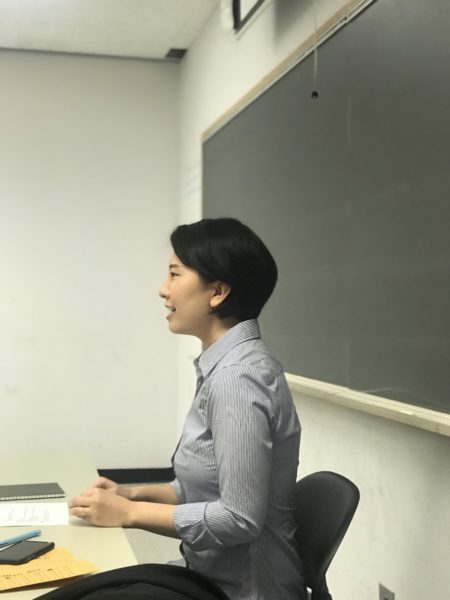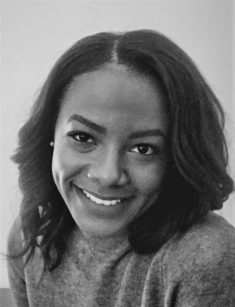Karen Okigbo
As a shy and introverted undergraduate student at Princeton University, one of the most meaningful courses I took was on nation building in post-conflict regions. After all these years, what remains most memorable about that class is not the various theories on the maladies of governance, nor the fact that the course was taught by a renowned General. Rather, what I found most compelling and provoking was that my instructor brought the complex world of nation building directly into the classroom, by inviting speakers to join the class during sessions on which they had some expertise. My professor did not solely rely on texts to present the various political theories, but introduced us to the individuals who enact those theories, the hands that brokered peace deals, and the eyes that witnessed wartime atrocities firsthand.
One class in particular left an indelible mark on me and forever transformed my approach to research. During that session, my professor introduced us to a former editor of a prominent Washington D.C. periodical, who explained the nuanced and collaborative art of effective op-ed writing. Like all the other speakers, she only participated in one class session, but shared her contact information and encouraged us to reach out if interested in learning more about their work. Unlike my extroverted classmates who could easily rattle off questions in front of a large classroom, the art of following up and networking became a critical skillset that I honed because of that course. As an introvert, I appreciated the opportunity to contact and occasionally meet with these individuals to better understand their experiences and solicit advice on possible professional trajectories. From that brief encounter, I was able to not only transform my course paper into an op-ed piece, but that practice of working collaboratively with editors to translate my research findings into publically disseminated editorials is something that I have maintained over the years.

When I decided to embark on this journey into academia, I knew that I wanted to impart on my students the most important life lessons I learnt throughout my studies. Reading up on effective teaching pedagogy left me with countless (and often peculiar) mandates to “encourage specificity during class discussions,” “use praise judiciously,” and even to always “print exams on white paper.” However, when speaking to my students their concerns were unsurprisingly less about the color of exam packets and more about reconciling their academic passions with seemingly limited career options. My students often bemoan the fact that they find limited opportunities to engage with young professionals who are gainfully employed in their respective fields, talk-less of those making groundbreaking contributions.
I understand how difficult it can be to navigate these murky waters, especially when one does not have role models from similar backgrounds with aspirational professional trajectories. That is why I am so grateful for the opportunity to be part of the Center for Humanities’ Seminar on Public Engagement and Collaborative Research, as a Mellon Teaching Fellow. This experience has afforded me the opportunity to experiment with a new pedagogical approach that infuses the types of advantages that I received (i.e. professional development, peer mentoring, and networking opportunities) into my curriculum. Modeled (with great liberties) after my memorable undergraduate course, young professionals of diverse backgrounds are invited to participate in classroom sessions on which they have some expertise. During their time in the classroom, the guest speakers recount their professional trajectories, describe how their educational and professional background resulted in their current position, and share tips or advice on how to effectively navigate the post-baccalaureate world (and often, what not to do!). Following the class, a copy of their resume with contact information is made available to students so they can further network with them individually.
The value of this proposal is that it presents an intentional yet straightforward way to bridge the gap between academic pursuits and the real world, and frankly, answers the question of “when am I ever going to use this” better than I ever could. My personal experience coupled with student feedback from the past two years attest to the potential and long-term impact that such a project has on students. Not only does it connect classroom content with broader public humanities by inviting professionals into the classroom, but it also provides students with engaging professional development that they have already identified as most useful.

